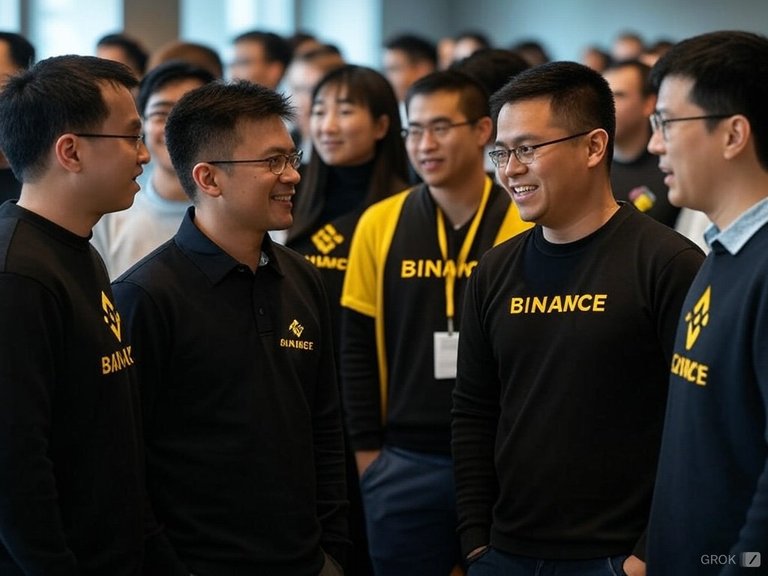The Power of Community in Web3 and Crypto

In the rapidly evolving landscape of Web3 and cryptocurrency, the power of community is not just an asset but the very foundation upon which these technologies thrive. Unlike traditional Web2 platforms where centralized control predominates, Web3 and crypto initiatives hinge on decentralization, transparency, and community-driven governance.
Community as the Catalyst for Innovation
The essence of Web3 lies in its decentralized nature, where the community is not just a passive audience but active participants in the development and governance of projects. This participatory model is exemplified through Decentralized Autonomous Organizations (DAOs), where decisions are made via consensus rather than by a single entity or a small group of executives. These communities often collaborate on platforms like Discord, Telegram, or blockchain-specific forums, discussing everything from technical improvements to strategic directions. The collaborative environment fosters innovation, as ideas from a diverse pool of individuals can be tested, iterated upon, and implemented swiftly.
Driving Adoption and Engagement
Community in Web3 and crypto acts as a potent marketing force. Enthusiasts and early adopters often become evangelists for projects they believe in, spreading word-of-mouth that no advertising budget can match. This organic growth is particularly crucial in spaces like NFTs (Non-Fungible Tokens), where community sentiment can significantly influence the perceived value and success of digital assets. Projects like Axie Infinity have demonstrated how community engagement can turn a game into a cultural phenomenon, with players not just playing for entertainment but also for governance and economic incentives.
Trust and Transparency
In an industry rife with skepticism due to past scams and market volatility, trust is a currency as valuable as Bitcoin. Communities in Web3 projects serve as self-regulatory bodies where transparency is not just a promise but a practice. By involving the community in every step, from ideation to execution, projects ensure that there's accountability and a shared vision. This openness is pivotal in building trust, especially when dealing with decentralized finance (DeFi) where users' funds are at stake. Moreover, community audits and governance proposals allow members to scrutinize and approve changes, fostering a safer environment.
Sustaining Projects Through Economic Models
Web3 projects often utilize tokenomics to incentivize community participation. Tokens can be used for governance, staking, or rewarding contributions, creating a symbiotic relationship where the community's health directly impacts the project's success. For instance, platforms like Uniswap and MakerDAO have shown how a well-managed token can align the interests of developers, investors, and users, leading to sustainable growth. Community members who are token holders have a vested interest in the project's success, thus acting both as users and stakeholders.
Challenges and the Path Forward
However, the power of community isn't without its challenges. The decentralized ethos can lead to fragmentation or even toxic behaviors within groups. Managing such communities requires skill in balancing freedom with governance to prevent centralization or manipulation by a few. Moreover, the scalability of community-driven models as projects grow or during bear markets remains a test of resilience.
To navigate these challenges, successful Web3 communities invest in education, inclusivity, and robust communication channels. They also employ community managers and moderators to ensure constructive discourse and manage the community's pulse. The future of Web3 and crypto communities will likely focus more on fostering genuine connections, ensuring equitable participation, and leveraging technology for better community management.
Conclusion
The power of community in Web3 and crypto cannot be overstated. It's the backbone that supports innovation, adoption, and sustainability in a space where traditional business models fall short. As we move further into this decentralized digital age, the communities will continue to shape the trajectory of Web3, making every participant not just a user but a co-creator of the future internet. The strength of these communities will determine whether Web3 truly lives up to its promise of a fairer, more inclusive digital ecosystem.